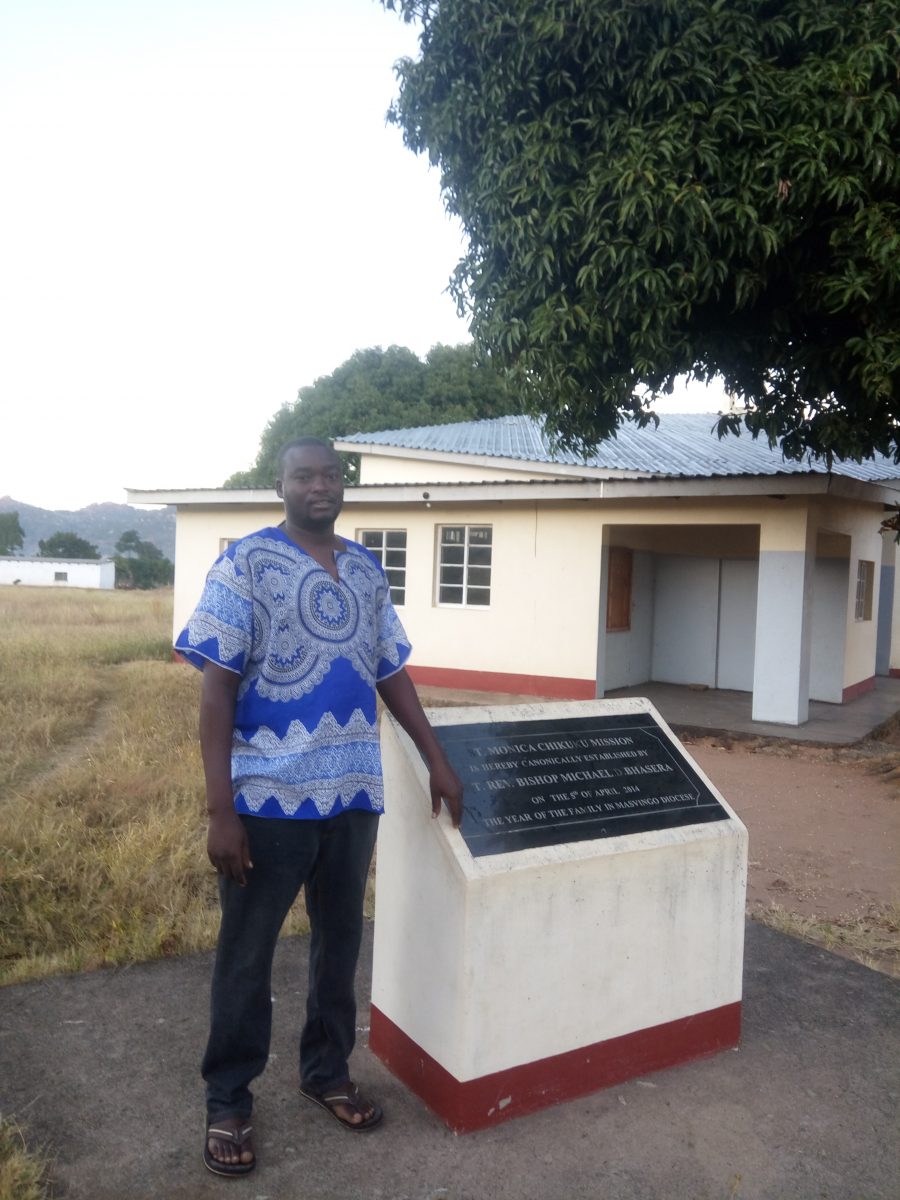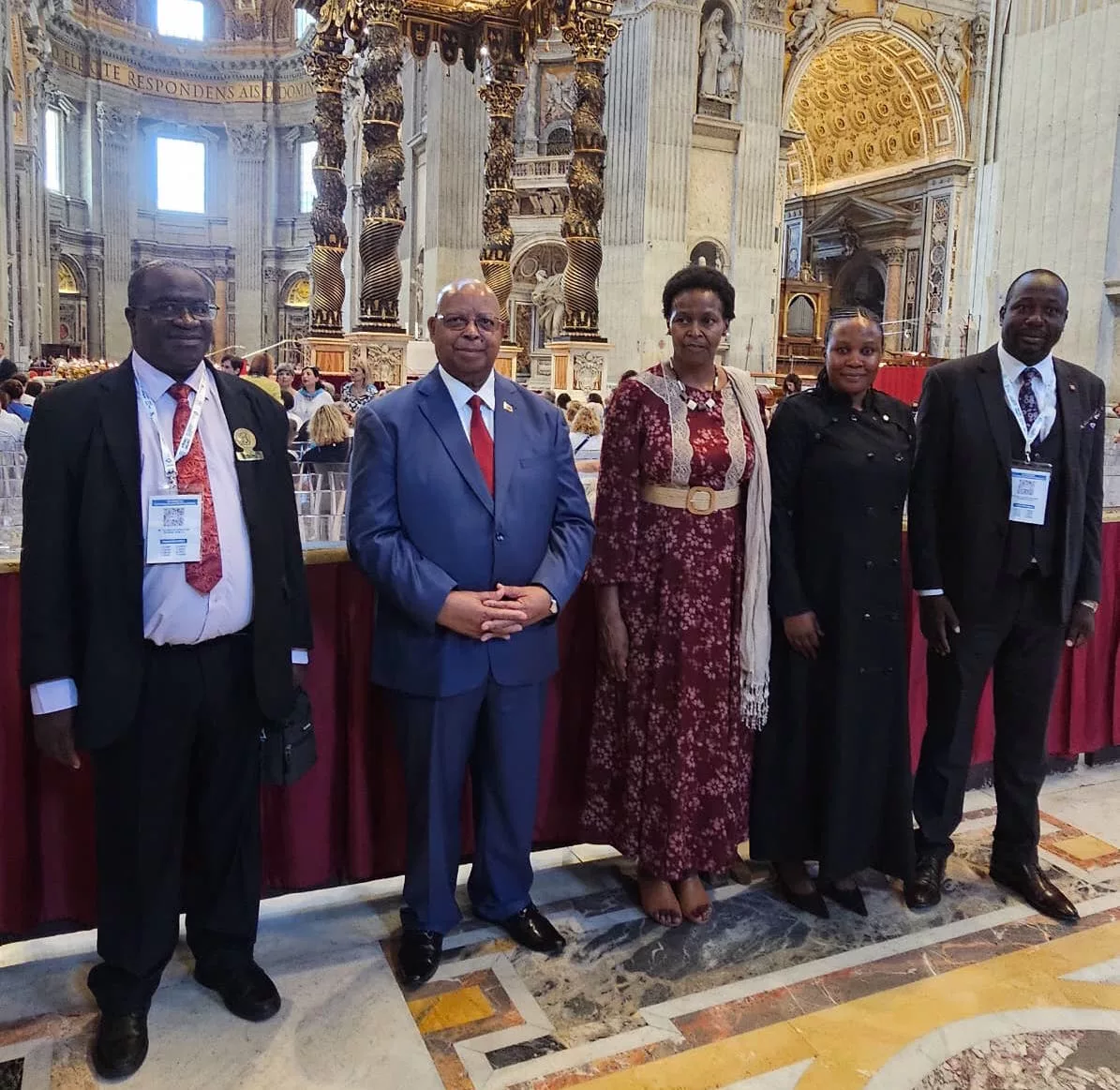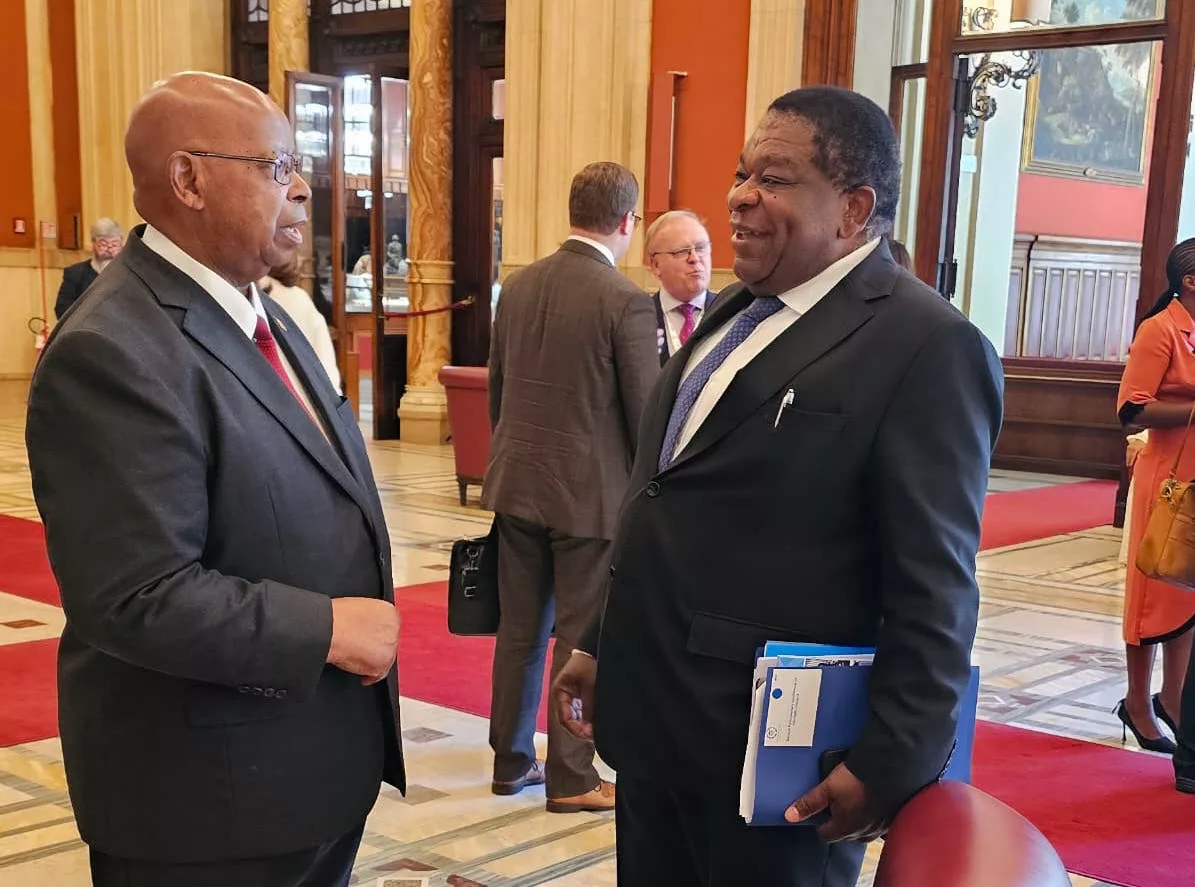“Let’s meet on Chapwati – our WhatsApp group for the Chikuku Development Initiative. Chapwati in our Duma sub-dialect of the Karanga dialect of the Shona language means something awesome, amazing, extraordinary, and impactful,” says world-renowned author and historian, Claude Maredza as he makes reference to a social media group meant to uplift the area and its environs.
Located in the Natural Farming Region 4 of Zimbabwe because of the area’s erratic rainfall and not-so-rich soils, inhabitants of Chikuku largely depend on subsistence farming for survival. To grow enough to feed a family, one needs fertilizers because the soil is tired due to many decades of cultivation and most people depend on rain-fed agriculture. Thanks to the Gaha Dam constructed around 2003, there are plans to start an irrigation project near the dam.
“The largely poor climatic conditions do not in any way limit our resolve to develop our area. Most of us have sunk boreholes at our homesteads. We thus thrive on market gardening and rearing of small livestock. In most cases, we sell fruits and vegetables to fellow villagers and those that have upped their production capacities have entered into partnerships to supply broiler chickens and vegetables to local boarding schools like Silveira, Pamushana and Mashoko High Schools,” said Douglas Mufunda, the proprietor of Roots Restaurant and Football Club.
Father Davison Hamadziripi, the Priest-in-Charge of the St. Monica’s Roman Catholic Chikuku Mission, echoed the sentiments by Mr. Douglas Mufunda. The mission runs the Chikuku Vocational Training Centre.
The vocational centre trains welding, building, carpentry, garment designing, and knitting to youths drawn from Bikita and surrounding districts like Gutu, Buhera, Chivi and Mwenezi although other students come from as far as Chipinge and Harare.
“I would like to thank Rotarians like Ambassador Gabriel Machinga and Mr. Douglas Chikohora who partnered Caritas and donated the fence for the St. Monica Chikuku Mission. Mr. Chikohora also donated a 25KVA transformer for the mission. As we speak, we have a diesel water pump that feeds two 5000-litre tanks that we use in our agriculture project where we are growing tomatoes, potatoes, onions, carrots, beans, and vegetables.
“We have also embarked on a piggery project and intend to keep broilers at the mission. We are hopeful that when finally installed, the transformer will also help in pumping water and augment our plans to embrace ICTs through the teaching of computers and related studies at the training centre,” Father Hamadziripi said.
The zeal to develop Chikuku saw Professor Jacob Mufunda travelling to the area on his monthly visit to Chikuku Rural Hospital on Saturday 30 May 2020 to offer medical services and consultancy to patients.
On this important day, he was later joined by Alice Mutsauri Marecha, Chioneso Zunga Maredza, and Chenai Mutetwa Chiketsani – natives of the area who now live and work in major cities in various disciplines but were motivated by the love for Chikuku to join and offer support to Professor Mufunda on this noble cause.
“People of Chapwati – the Chikuku Development Initiative, I proudly report that we had a nice time with Professor Mufunda at Chikuku Rural Hospital. God richly blessed our area for sure. Our elderly people were treated for various ailments. I personally got assisted. Professor Mufunda was very patient to listen to and explain the nature of problems faced by the patients. He was administering medication to all the patients. All this free of charge. Our Head of Treasury, Mrs. Chiketsani, was present to witness how the medicines donated by the people on the Chapwati group were being dispensed,” said Mrs. Maredza.
Using great interviewing skills, Mrs. Marecha recorded calls and pleas by some of the patients to upgrade Chikuku Rural Hospital into a general or referral centre because the facility now had “a Resident Doctor” in reference to Professor Mufunda.
In appreciation of efforts towards providing healthcare, members of the Chikuku Development Initiative are complementing government by donating essential drugs and medicines (especially the most vital antibiotics) which they buy from reputable pharmacies.






